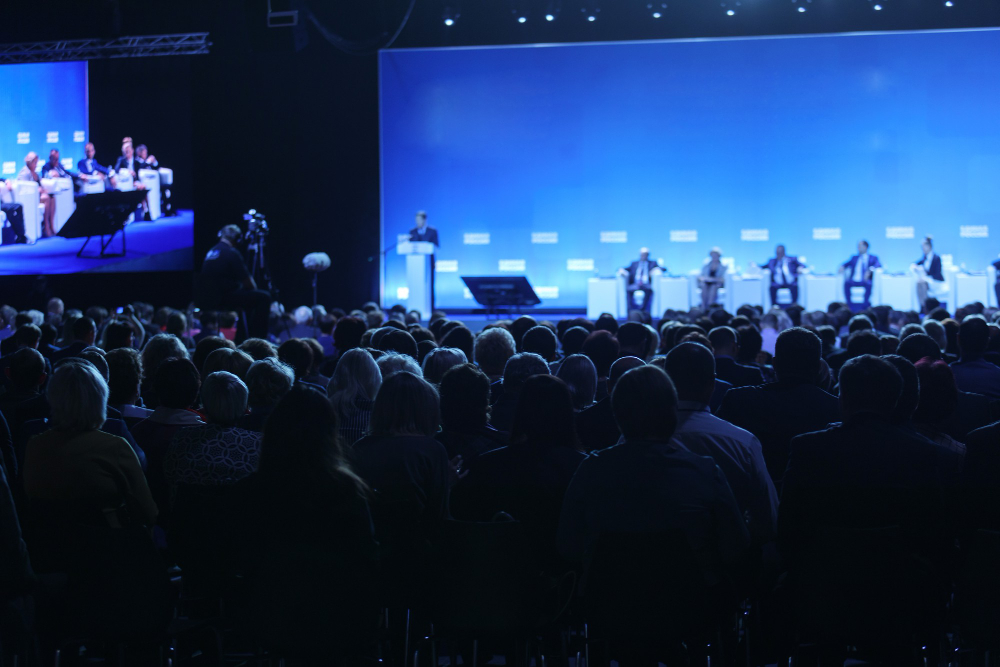
Creating an exceptional corporate event involves careful planning, attention to detail, and a focus on delivering a unique and memorable experience for attendees. Here are key elements that contribute to the success of a corporate event:
- Clear Objectives: Define clear and measurable objectives for the event. Whether it’s networking, product launches, team building, or education, understanding the purpose of the event helps guide the planning process and ensures alignment with organizational goals.
- Strategic Planning: Develop a comprehensive event plan that covers all aspects, from logistics and venue selection to marketing and communication strategies. A well-thought-out plan serves as a roadmap, helping to avoid pitfalls and ensure a smooth execution.
- Engaging Content and Speakers: Deliver content that is relevant, engaging, and valuable to attendees. Carefully select speakers who are experts in their field, capable of delivering insightful presentations or facilitating engaging discussions. Interactive sessions and Q&A opportunities enhance participant involvement.
- Exceptional Venue Selection: Choose a venue that aligns with the event’s theme and objectives. A unique or well-designed venue adds to the overall experience, creating a positive and lasting impression. Consider factors such as accessibility, facilities, and capacity.
- Innovative Technology Integration: Leverage technology to enhance the event experience. This includes interactive apps, live polling, virtual or augmented reality elements, and seamless audio-visual setups. Incorporating cutting-edge technology can elevate the event and keep attendees engaged.
- Personalization and Customization: Tailor the event experience to the preferences and needs of attendees. This can involve personalized schedules, targeted content, or customized networking opportunities. Attendees are more likely to remember and value an event that caters to their individual interests.
- Networking Opportunities: Facilitate meaningful networking opportunities for attendees. Icebreaker activities, dedicated networking sessions, and well-designed seating arrangements can encourage interaction and create a collaborative atmosphere.
- High-Quality Catering: Good food and beverages contribute significantly to the overall experience. Consider dietary restrictions, offer a variety of options, and work with reputable caterers to ensure high-quality service. A well-fed and satisfied audience is more likely to engage positively with the event.
- Sustainable Practices: Demonstrate corporate social responsibility by incorporating sustainable practices into the event. This can include eco-friendly materials, waste reduction strategies, and supporting local businesses. A commitment to sustainability aligns with contemporary values and enhances the company’s reputation.
- Post-Event Engagement: Extend the impact of the event beyond its conclusion. Provide resources, share presentations, and encourage ongoing discussions through post-event communication channels. This helps maintain the connection with attendees and reinforces the value of the event.
- Feedback Collection: Actively seek feedback from attendees to gauge their satisfaction and gather insights for future improvements. This feedback loop is crucial for continuous enhancement and ensures that the organization learns and adapts based on participant experiences.
By incorporating these elements into the planning and execution of a corporate event, organizers can create an exceptional experience that not only achieves its intended objectives but also leaves a lasting positive impression on attendees.





